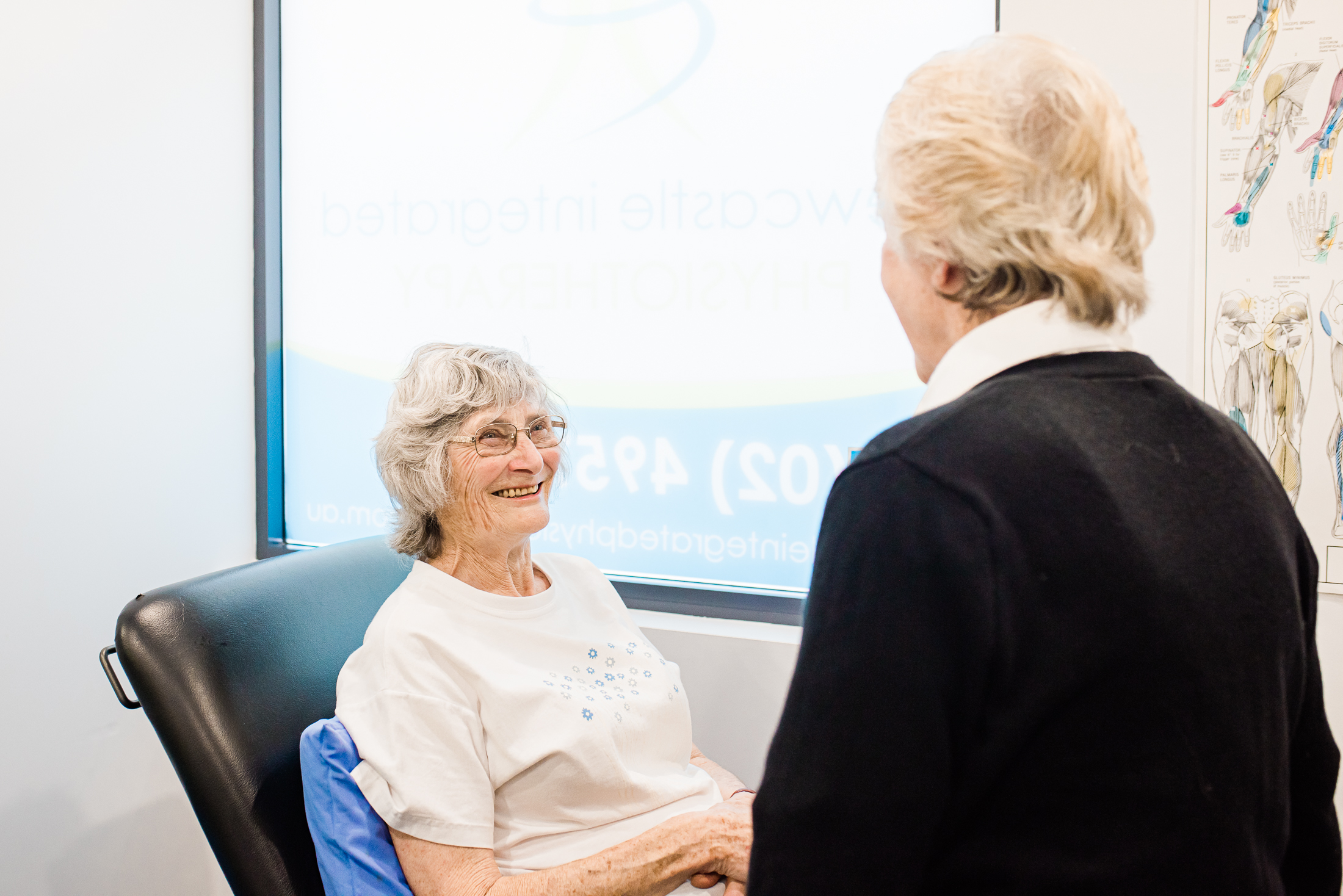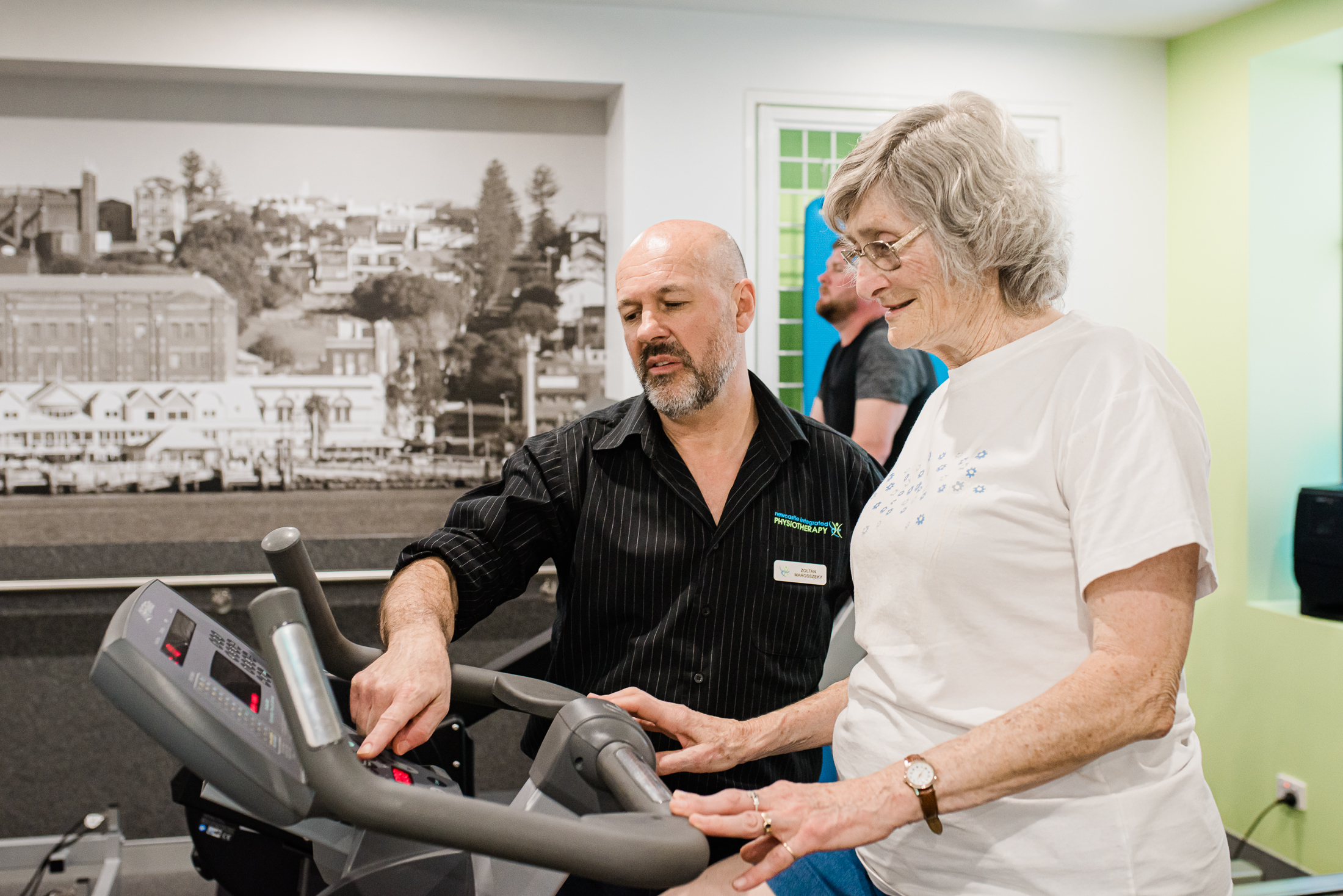Exercise for Mental Health:
We all know that we feel better about ourselves when we do a bit of exercise. But did you know that when it comes to mental health, exercise is as effective as antidepressant medications?
Mental illness includes anxiety, depression, schizophrenia, bipolar affective disorder and personality disorders. Unfortunately, 20% of Australians will experience mental illness, which is double the global average. In addition, people who suffer from a mental illness have a high risk of poor physical health, which pertains to higher mortality rates in this population. Overwhelming research has shown that physical activity is an extremely effective management strategy for mental illness, however it is currently underutilized and underrated.
There are many benefits of physical activity for mental health, which include: improved sleep, improved memory and attention, reduced stress and anxiety, and prevention against future episodes of depression. These benefits ultimately improve one’s quality of life, and can be gained from as little as one workout per week! For example, the HUNT study (2018) found that 12% of cases of depression could have been prevented from just one hour of exercise per week.
So how does exercise work?
Although the exact mechanisms aren’t fully understood, we believe the benefits may be due to increased blood flow to the brain, neural growth, changing chemicals in the brain (happy hormones: serotonin, endorphins) and influencing activity patterns in the brain that promotes feelings of calm and well-being. Also, exercise acts as a great distraction from negative thoughts and emotions and works even better when exercising with others.
So, what is the best kind of exercise for mental health?
Aerobic exercise (walking, swimming, cycling etc) and resistance training (weight lifting or body weight exercise) have been shown to be effective in treating mental conditions such as major depression. It is important that you chose a mode of exercise that you enjoy and what works for you. However, brownie points are given if you exercise outdoors and gold stars given if you exercise near water.
Starting an exercise program is often the hardest part. Therefore, some guidance and advice from an Accredited Exercise Physiologist may assist in getting motivated and putting your best foot forward.
We at Newcastle Integrated Physiotherapy can tailor an exercise program to best suit your circumstances or you can join in on one of our group exercise classes or Pilates classes here at our gym. Call today to talk to one of our staff about your needs.


